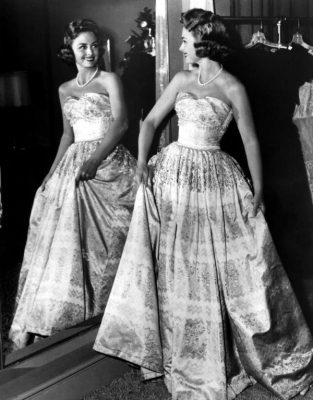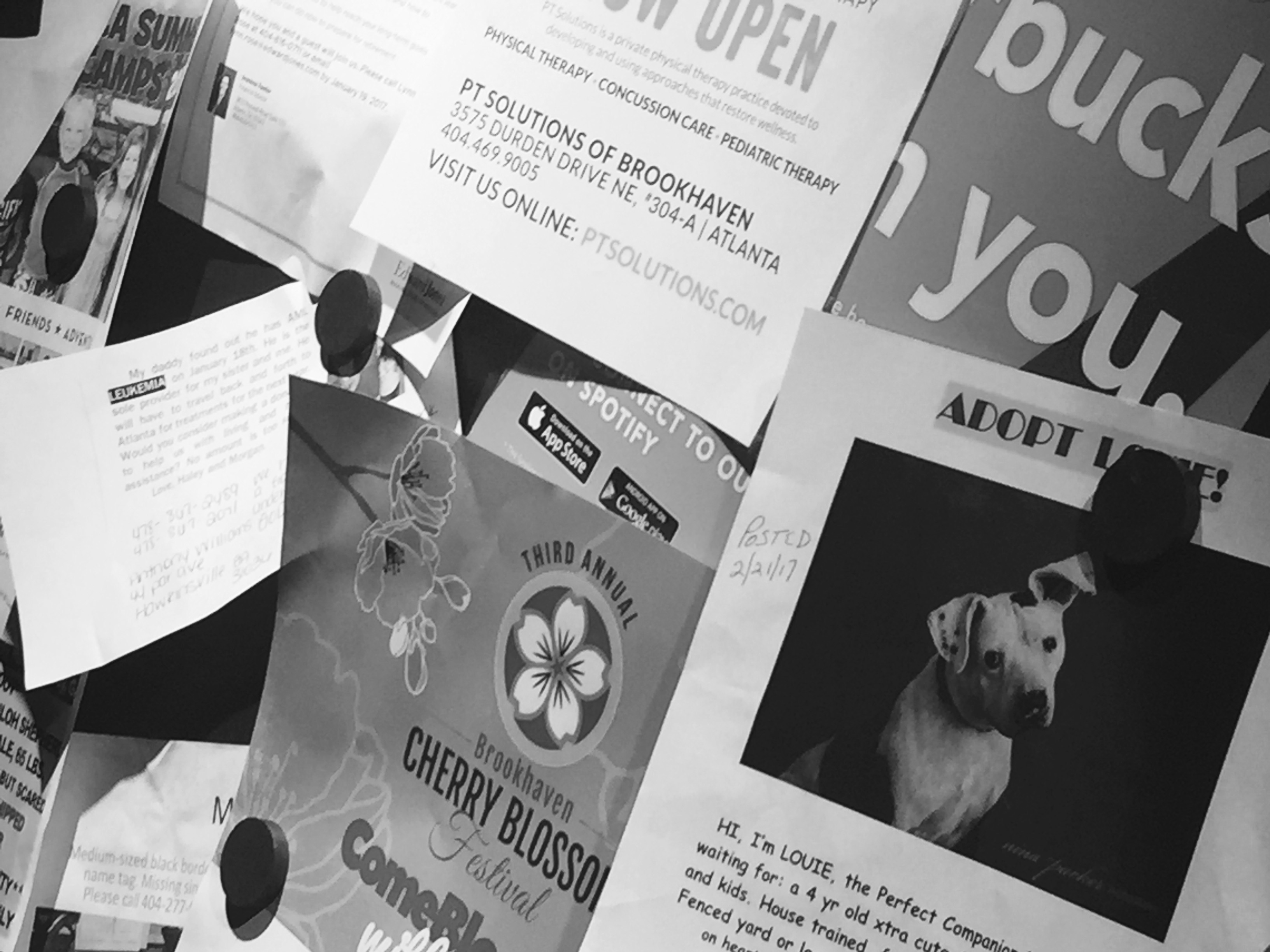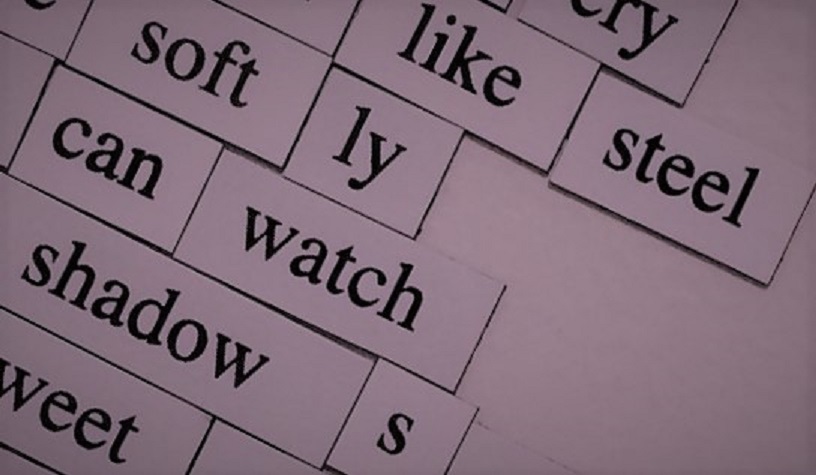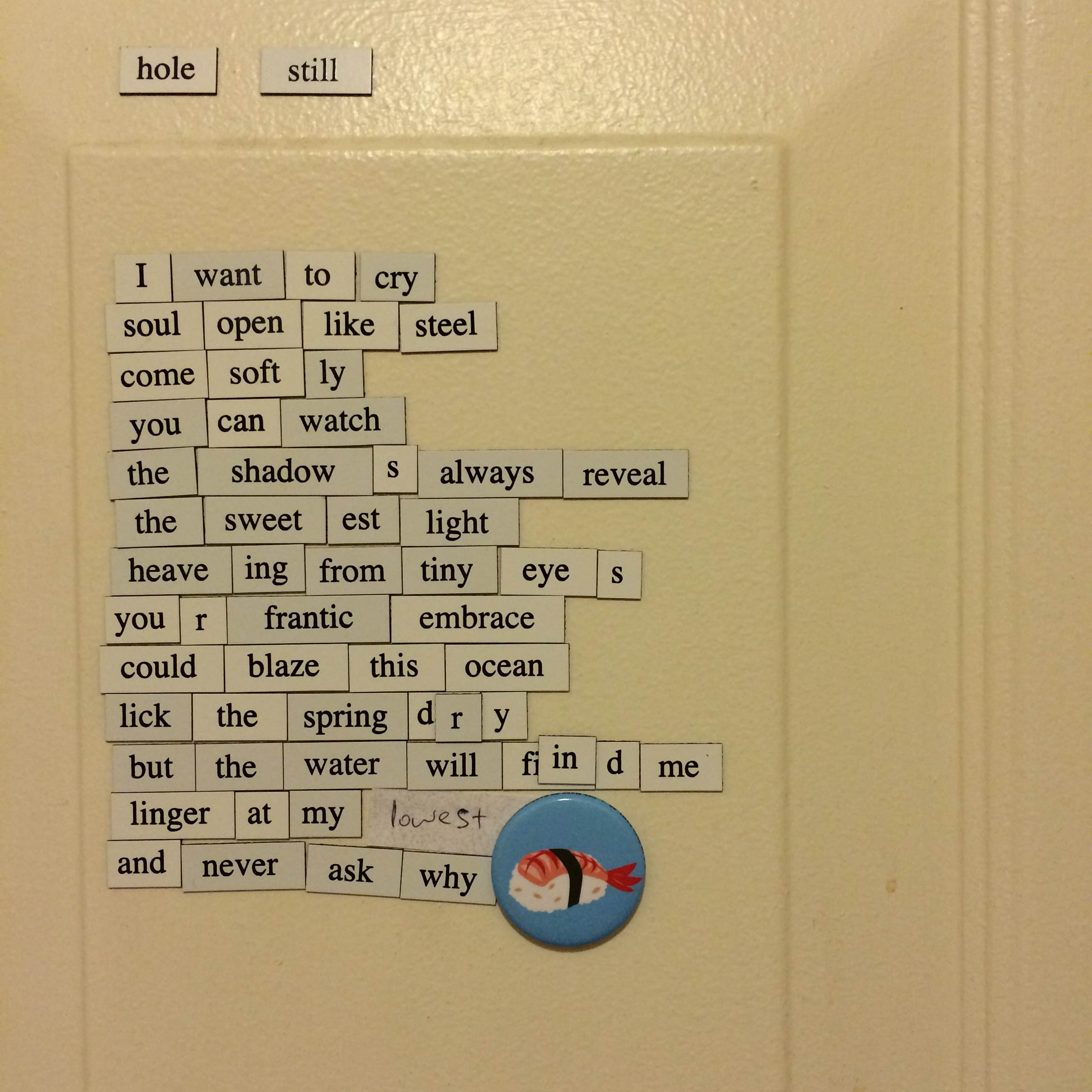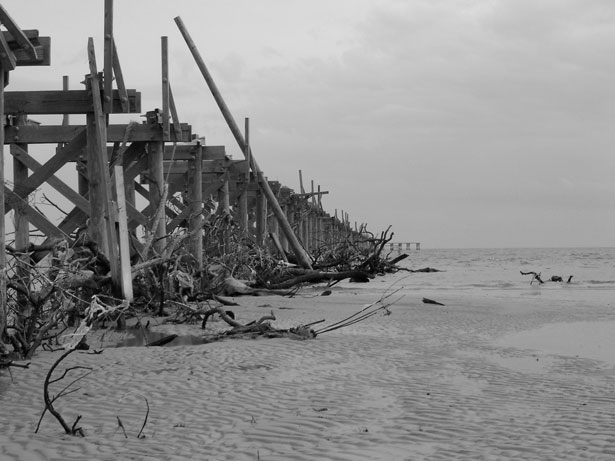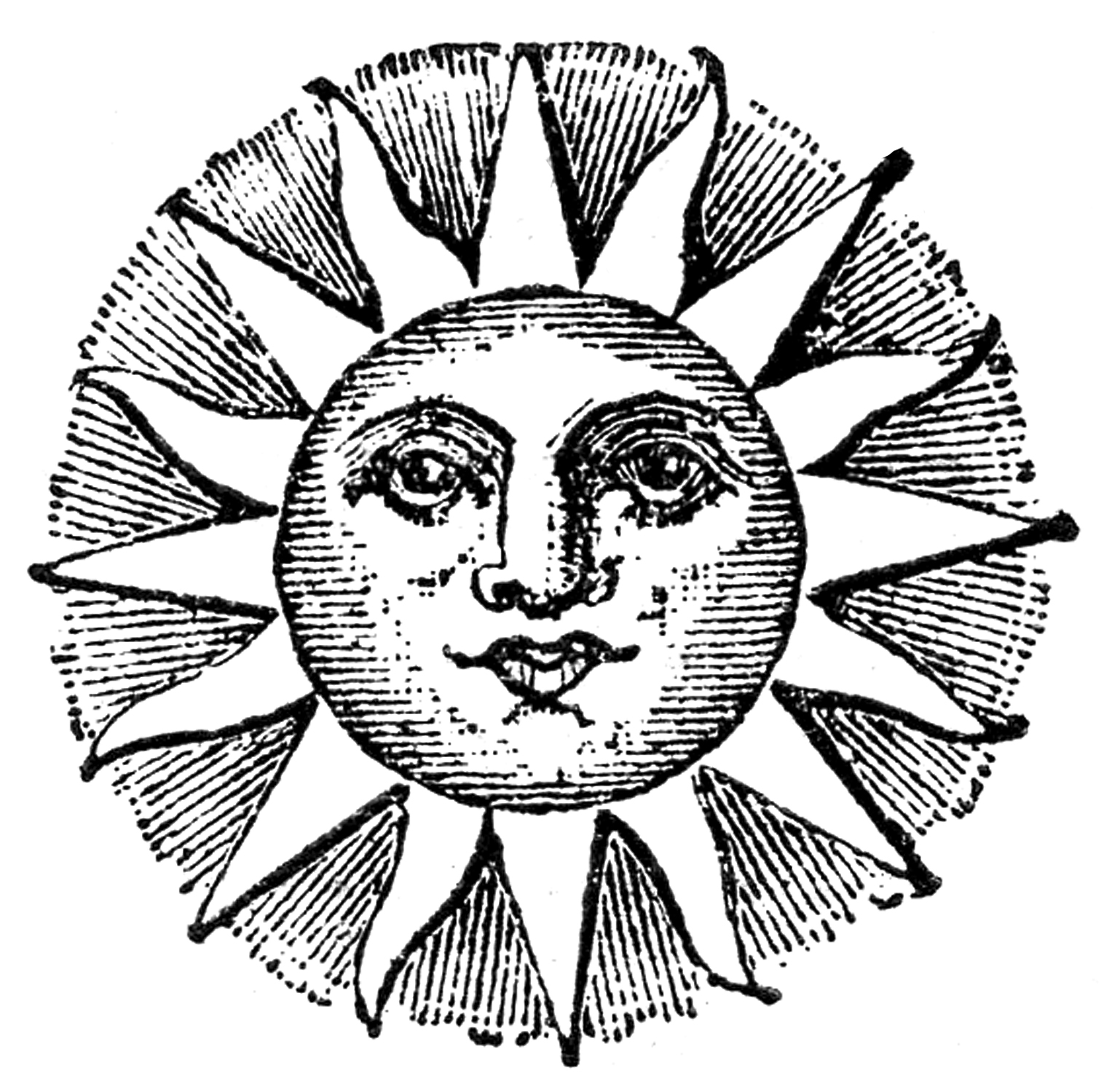By Jyll Thomas
“Hey pretty lady, can you spare some change for a veteran?” the man sat next to the entrance of Starbucks and leaned against a large dung-colored backpack. He rattled a collection of coins in a Styrofoam cup.
“Get a job,” the blonde woman breezed past him into the store. Her pearl necklace gleamed like baby teeth around her sinewy neck. She ordered a grande latte with six Splendas, foam, no cream, 120 degrees. She grabbed some napkins at the cream and sugar bar and noticed a poem tacked onto the corkboard above the serving area.
Even on a rainy day,
The warmth of kindness
Keeps the clouds away.
And this. This type of banality pisses me off more than anything. Probably written by some green tea drinker. She ripped the poem off the wall and on the back she wrote:
I don’t mean to be crass
Or break your heart like Cupid,
Stick a pen up your ass,
Your poems are stupid.
She stabbed her response back on the bulletin board.
“Bitch, I got a job. I am on call 24 hours a day, right here,” the homeless man shouted at her as she walked to her car.
“Yeah, you just keep saving the world,” she retorted.
“That’s right. I’m a goddamned super hero. I got powers you know nothing about.”
The next time Clara went to Starbucks, the same dark-haired man was perched near the door swirling an assortment of coins in a dirty cup.
“Hey pretty lady, can you spare some change for a blind man?” he asked shaking the random change flung at him by other patrons.
“I thought you were a veteran. And you weren’t blind the last time I was here,” she said.
“Like they say, it’s hard out here. You never know what you going to lose or recover.”
She noticed his green gray eyes were a bright contrast to his caramel-colored skin.
“See there, I gave you that smile, now slide me some cash for a cup of coffee.”
Clara walked into the store, ordered her drink and bought a black coffee for the man outside. If she gave him money, he’d probably spend it on drugs. She checked the corkboard to see if there was a new poem.
Love and compassion
Never go out of fashion.
Empty your wallet, free your mind
Abundant blessings you will find.
Clara rolled her eyes and wondered, what does this mean? This is just sentimental bullshit. Everybody needs money to live and be happy. Besides, she committed a charitable act by buying the dirty guy outside a coffee. She turned the slip of paper over and wrote:
I wish I could believe the words you write
are the best things to do.
Even the blind man can see the light,
Your poem sucks, so fuck you.
Clara posted this on the board and stomped through the door. She handed the homeless man the cup of coffee. She thought perhaps it was the nicest thing anyone had done for him in a long while. The man took a sip and spit it on the sidewalk, hot liquid splashed all over her Jimmy Choo heels.
“Do you think you’re doing me a favor giving me this rot gut? Black coffee, not even cream or sugar? Didn’t even ask me how I take it, you just felt real big giving the bum a small coffee. Gimme a goddam pumpkin spiced latte next time,” he threw the cup at her as she ran to her car.
“Even when I try to do something good, it’s not appreciated,” Clara sat crying in her Mercedes. “I’m never coming back here, first the insipid poetry and then harassed by a vagrant. Someone should call the cops on that piece of human garbage!” And yet, he was the only person she talked to all day.
When she returned, the same man was perched on his backpack near the door swirling a few coins in a dirty cup.
“Hey pretty lady, can you spare a some change so I can get to the doctor?”
“Is he going to help you get your sight back?” Clara asked.
“I don’t know, sometimes we all have trouble seeing what’s in front of us.”
She considered this bit of sidewalk philosophy and asked him his name.
“I am known as Celino. What do your friends call you?” A gold-covered tooth flashed in the crook of his smile.
Was this guy a gypsy? For a homeless man, he was kind of hot with his dark hair loosely curled close to his collar, honey skin and light eyes. The name, was it Italian?
“My name is Clara. I don’t have any friends. I just moved here from Tampa, and I work all the time,” she answered.
“Sounds depressing,” Celino said.
“Unfortunately, everybody can’t lead the glamorous life,” she replied.
Celino shrugged his shoulders.
“Dream big, and don’t forget my pumpkin spice latte- grande.”
She picked up their drink orders and checked the bulletin board. She wondered if the baristas took any notice of her poetic interchange but they seemed engrossed in their own conversations. Clara felt a pang of envy. She missed talking with her girlfriends about nothing and everything. Maybe she should quit the accounting firm and get a job at Starbucks.
Today’s poem was illustrated with a delicate border of vines and flowers. She wondered what he looked like and imagined he had long hair and kind eyes.
When you feel sad and alone
Reach your hand out to a friend
Use a pencil or a phone,
Broken ties can always mend.
Clara turned the poem over and wrote:
I thought your words were pretty lies
Now my heart is broken wide.
This life continues although it does not please us,
I must ask the question, do you look like Jesus?
Clara walked outside and handed Celino his latte. He rewarded her kindness with a quick glimpse of his shiny tooth.
“So, I’ll see you tomorrow,” she asked.
“Yeah, unless I’m not here then try not to miss me too much. I know you will because you’re totally in love with me. I’m irresistible.”
“You are something else,” she admitted.
Celino watched her walk to her car, the motion of her hips accentuated by her high heels.
As Clara sat in traffic on the way to work, she pondered what kind of life Celino led. How did he spend his days? He seemed somewhat normal, why he was homeless? Maybe it was because he was the only person she spoke to every day but there was something intriguing about him. If he took a shower, put on some clothes that matched and weren’t ripped, she could bring him to the company Christmas party.
She heard the whispers behind her back at work. They called her “ice princess”. Her extreme shyness and social anxiety made it nearly impossible for her to communicate. Every word that came out of her mouth seemed inappropriate or offensive no matter how hard she tried. Yet with Celino, she had no fear. At least he called her a bitch to her face.
But what about the poet? Clara imagined showing up at the Georgian Terrace dressed in a tight black dress, her pearl necklace reflecting the light of the chandeliers. The poet would hold her hand and whisper sweet words to make her laugh. They wouldn’t hide in a corner as she did at most social events. Clara wouldn’t even care if he wore a long robe and flowing pants. She smiled as she pulled into the parking deck and thought this might be the first party she would enjoy attending.
The next morning at Starbucks, Celino sat propped against the building with his head down. He saw a pair of slender legs standing in front of him punctuated by expensive shoes. “Hey pretty lady, can you spare some change?”
“Celino, it’s Clara. Do you want a pumpkin spice latte or something to eat?”
He heard her gasp as he lifted his head and revealed his left eye swollen shut by an angry purple-and-red bruise.
“Oh my God, who did this to you?”
“Well, the prick that rolled me didn’t exactly introduce himself before taking my valuables,” he said with heavy sarcasm.
“You still have your backpack,” she said nodding at the canvas sack.
“Yeah, lucky me. Make yourself useful and get me an iced coffee with lots of cream,” he said. A black hole occupied the space where his gold tooth once shined in the early morning light.
She checked the bulletin board for the latest reply. On a torn, crinkled piece of pink paper the poet wrote:
Don’t make me out to be a saint,
Neither much of a man.
If the sight of me don’t make you faint,
Then take my hand.
What did that mean? Was the poet a woman, and did that mean Clara was a lesbian? She had fallen in love with the words without knowing the writer. She took the scrap down and wrote on the back:
Give me one chance
With you I have no fear.
Join me in a dance,
Tomorrow I’ll meet you here.
Clara’s head was spinning as she handed Celino his iced coffee. He pressed the cold drink against his busted eye. The pain reminded him of his father, fists flying screaming, “faggot”. The only difference this time was he had lost his treasures. He could feel colors colliding, voices turned from whispers to shrieks; his skin itched where he could not scratch. Clara daydreamed of going to the Christmas party with her perfect date.
The next morning, the air was crisp with the first cold day in Atlanta. Clara wore a white dress instead of her usual black business suit. Her head felt a little fuzzy from the Valium she took to stay calm when she met the poet. What if she said something stupid or the poet didn’t like her? This was worse than Tinder dating which she stopped after meeting a man who whistled every time he said a word with the letter S in it.
When Clara arrived at Starbucks she didn’t notice the naked man standing beside the door.
“Hey pretty lady, you got some change?” he screamed.
Clara gasped as she spotted Celino’s clothes strewn about the ground covering his backpack. “What are you doing?”
“Ma’am, stay back. We’ve called the police. I think he forgot to take his meds,” one of the employees held her back with his arm.
“I told you they were stolen, motherfucker,” Celino shouted. He went on a tirade about the government and getting arrested for eating pussy.
Clara had never seen anything like this. Sirens blared as the police rushed to Starbucks, she had to bring him back to reality before they arrived. She pushed the employee away from her and grabbed Celino by the shoulders.
“Look at me, it’s Clara. Everything’s OK. Why don’t you put some pants on and I’ll buy a pumpkin spice latte for you?”
“Fuck your latte,” Celino wrapped a wiry, muscular arm around her throat. “That shit has preservatives, are you trying to kill me?”
At first glance, Clara failed to notice that Celino was naked. And he held a makeshift knife, which was now pressed against her throat. A young policeman pulled up and jumped out of his car. He advanced slowly and assessed the situation.
“Officer, about time you got here, this woman is trying to murder me,” Celino said.
“Sir, I understand. Put down the knife, let her go and we’ll sort this out,” the cop reassured while approaching with the caution of a cat.
“No, you don’t understand. This bitch has been trying to poison me for weeks, she is a dangerous woman.” Celino pushed the knife into her skin. A thin line of blood dripped onto Clara’s pearl necklace and stained the collar of her white dress.
The cop took a step forward and upholstered his gun. “Sir, you need to put down the weapon and let the girl go, now.”
Celino stared with his strange colored eyes; everything lost focus except the gun. “You’re right, officer. This is how it’s got to go down.”
He pushed Clara into the cop and snatched his firearm. Celino pointed the gun to his head and pulled the trigger. The policeman shoved Clara against the wall, next to Celino’s backpack. He checked Celino’s pulse and radioed for an ambulance. Helluva first day on the job.
Clara sat in shock in the same place Celino perched and charmed change from customers. She looked over and saw a familiar piece of pink paper sticking out of his backpack. She felt guilty but she looked inside and saw all the poems from the corkboard. His satchel was filled with poetry and drawings. A portrait on a piece of cardboard bore an uncanny likeness of Clara. Her face was encircled by words like: hope, blessed, love, faith as if he drew a ring of protection around her.
“Yeah,” Clara thought. “He did kind of look like Jesus.”

